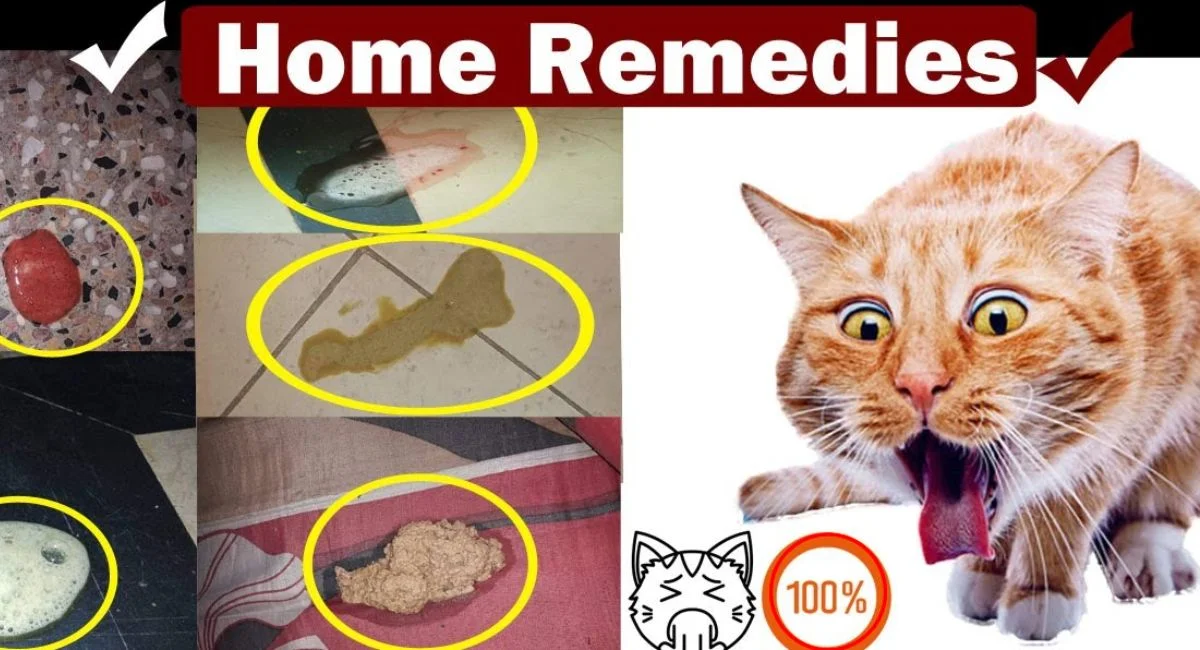When your beloved cat falls ill and chooses not to eat, it can be distressing for both you and your pet. A decrease in appetite among cats may signal underlying health problems that need immediate attention. While seeking advice from a veterinarian is essential for proper diagnosis and care, there are several home remedies to consider for stimulating your cat’s hunger and promoting their food intake.
Offering Appetizing Treats and Food Options:
- Ensure to have a variety of appealing treats and food choices available.
Regularly Monitoring Your Cat’s Eating Habits:
- Keep a close eye on your cat’s eating patterns and any changes observed.
Encouraging Hydration:
- Ensure your cat stays hydrated by providing fresh water regularly and considering wet food options.
Understanding Loss of Appetite in Cats: Loss of appetite, also known as anorexia, is a common symptom of various illnesses in cats. It can be caused by infections, gastrointestinal issues, dental problems, stress, and more. Addressing the underlying cause is essential for restoring your cat’s health and appetite. Here are some common reasons why cats may refuse to eat:
- Illness: Infections, kidney failure, pancreatitis, and cancer can all lead to loss of appetite.
- Dental Issues: Painful dental conditions such as tooth decay and gum disease can make eating uncomfortable for cats.
- Gastrointestinal Problems: Inflammatory bowel disease, food allergies, and gastrointestinal infections can cause nausea and decrease appetite.
- Psychological Factors: Stress, anxiety, and changes in the household environment can affect a cat’s emotional well-being and eating habits.

Home Remedies to Encourage Eating: While seeking veterinary care is paramount, there are several home remedies you can try to stimulate your cat’s appetite and encourage them to eat. Here are some effective strategies:
- Warm and Appetizing Meals:
- Warm up wet cat food to enhance its aroma and appeal.
- Offer a variety of textures and flavors, such as pâté, stew, or broth, to entice your cat.
- Add a small amount of tuna juice or low-sodium chicken broth to the food for extra flavor.
- Tasty Treats and Incentives:
- Offer small amounts of cooked chicken, turkey, or fish as special treats.
- Use interactive feeding toys or puzzle feeders to make mealtime more engaging for your cat.
- Frequent Feeding Schedule:
- Offer small, frequent meals throughout the day to prevent your cat from feeling overwhelmed.
- Set a consistent feeding schedule to establish routine and reduce stress.
- Comfortable Eating Environment:
- Provide a quiet, comfortable space for your cat to eat, away from noisy or disruptive areas.
- Ensure that food and water bowls are clean and placed in accessible locations.
- Hydration Support:
- Offer fresh water in clean bowls at all times to prevent dehydration.
- Consider adding water to wet food to increase moisture content and hydration.
- Natural Appetite Stimulants:
- Catnip and valerian root are natural herbs that can help stimulate your cat’s appetite.
- Consult with your veterinarian before using any herbal remedies to ensure safety and effectiveness.
Conclusion
Loss of appetite in cats can be a concerning symptom of various health conditions. While consulting a veterinarian is crucial for proper diagnosis and treatment, there are several home remedies you can try to stimulate your cat’s appetite and encourage them to eat. By offering warm, appetizing meals, providing a comfortable eating environment, and incorporating natural appetite stimulants, you can support your sick cat’s nutritional needs and promote their overall well-being. Remember to monitor your cat’s symptoms closely and seek veterinary care if necessary to ensure they receive the best possible care.
With these comprehensive home remedies and expert guidance, you can help your sick cat regain their appetite and embark on the path to recovery.



